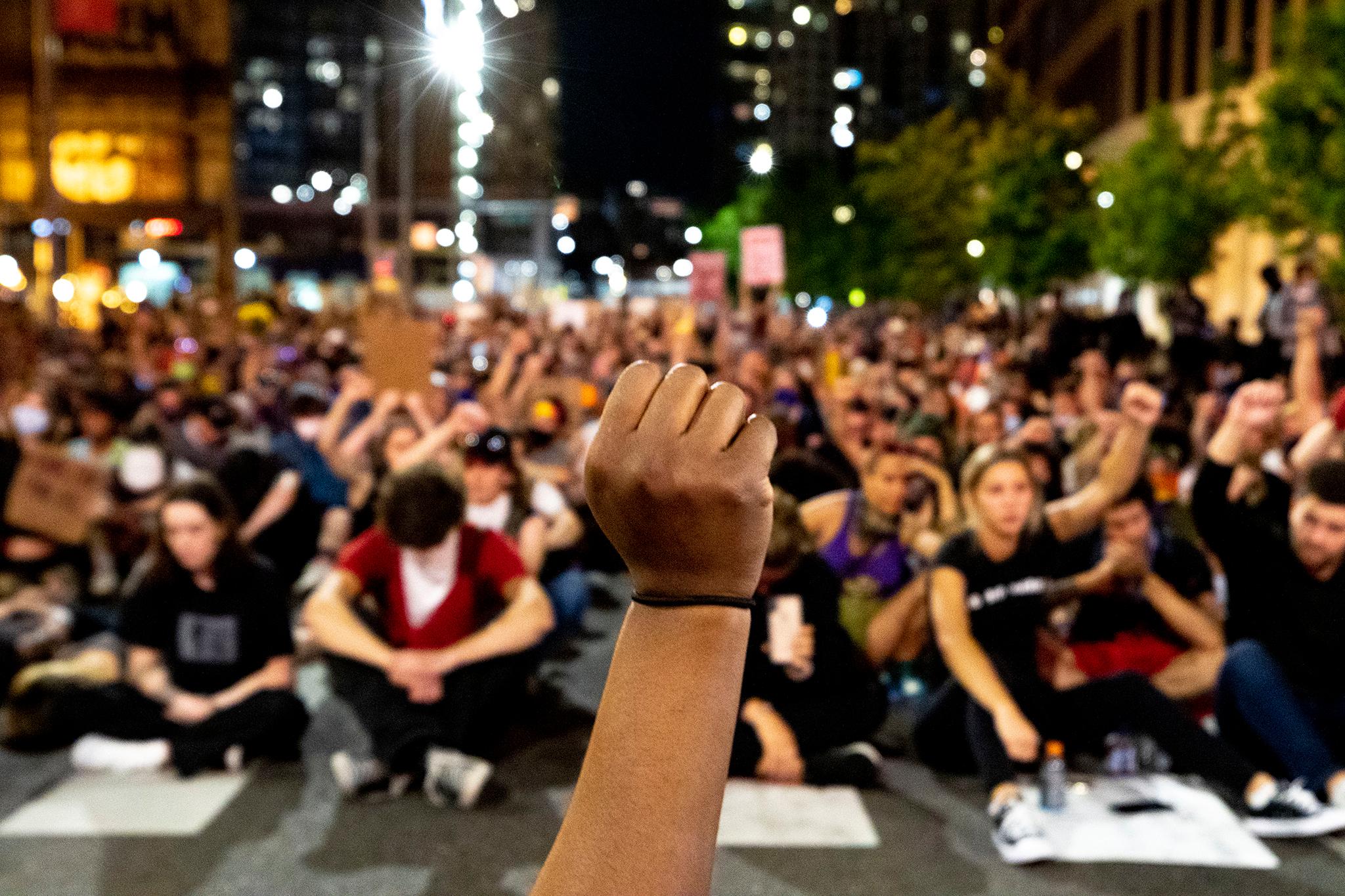The people in charge of Denver's police and jails and the person in charge of watchdogging them are appointed by the same person: the mayor.
That setup doesn't sit right with many, including some members of the Denver City Council, who on Wednesday moved to sever the Office of the Independent Monitor from the city's top executive.
"Creating an Office of the Independent Monitor that is actually independent is important," said Councilmember Jamie Torres at the city council's public safety committee on Wednesday. "It needs to live in the charter outside of any other elected authority."
Denver's independent monitor oversees internal investigations performed by the police, sheriff and fire departments -- whose leaders are appointed by the mayor -- on their own employees. The watchdog also shapes policy on things like use-of-force, discipline and training.
Under the new setup, the Citizen Oversight Board, a group of volunteers appointed by the mayor and city council that oversees the independent monitor, would appoint the position. Councilmembers would have to confirm the decision.
Councilmembers Torres, Stacie Gilmore and Robin Kniech are sponsoring the measure, which voters would have to approve in November. The full city council will vote later this month on sending the measure to locals.
The change would be one of several reforms to emerge from protests against institutionalized racism and brutality in law enforcement systems last year, though discussions have been going on for many years. Making the monitor truly independent from the mayor was one of 112 recommendations published by the group tasked with reimagining Denver's policing and jailing systems.
City Councilmember Candi CdeBaca floated a similar measure in August 2020 that would've shifted appointment power to the council, but her colleagues were not ready to commit.
Also important: the independent monitor would be allowed to seek legal counsel from independent lawyers, not just government attorneys.
This change would be a big deal because the Office of the City Attorney currently represents the monitor, which council members say is another conflict of interest.
For example, when the executive branch said top cops were exempt from scrutiny by the independent monitor, the legislative branch and the monitor himself disagreed. But the matter's sole decider was the city attorney, which is part of the mayor's executive branch. At one point, Kniech said, there was a dispute over whether the monitor could even write reports more than once a year.
"It's important for our monitor to have a zealous advocate who can help them assert the language of the ordinance and maximize its intent," Kniech said. "And I think that having independent counsel will help them do that in ways that over my 10 years (on the city council), no other system seems to have worked."
Thirteen staffers at the monitor's office would also become "career service" workers, which essentially makes them harder to fire for political reasons. Torres said the change would afford them due process in the midst of controversy.
"That's what I think it offers to an employee that's in particularly complicated waters ... whether it's in making very complicated decisions or being very honest about very controversial issues that may arise," Torres said.
The monitor would also get two political appointees of their choosing. Mayor Michael Hancock would have to sign off on the bill, as he does for all ordinances.
Mayor Michael Hancock "isn't generally opposed to the proposal at this time," a spokesperson said, though he was against losing the appointment last year.
Last year, when Denverite asked about CdeBaca's proposal to empower the council with the monitor's appointment, Hancock opposed sending the measure to voters. His office called the idea a "solution in search of a problem."
Hancock, who was once a city council member, was not available for an interview.
Kniech applauded Hancock and previous mayors for their monitor picks and said that part of the system "is not broken" but needed tweaks to instill faith in the public.
Denver is still without a permanent independent monitor since Nick Mitchell resigned in January. Gregg Crittenden is the acting monitor.














